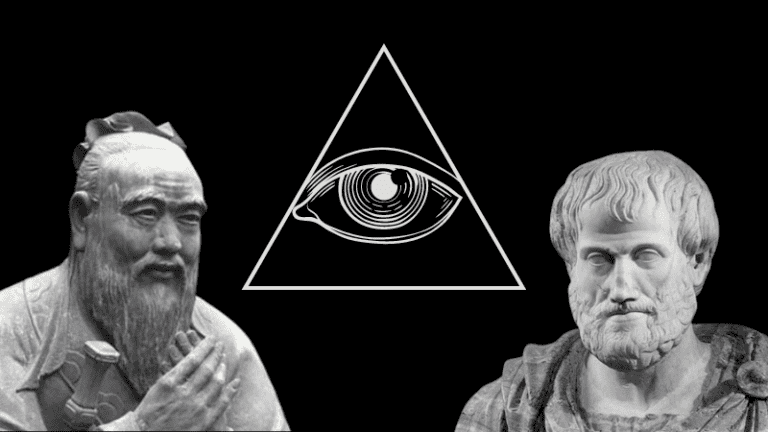Carl G. Jung: Learn why the behavior of others annoys you
We often project our own faults or flaws onto others. However, these mistakes have their origin in an inner dissatisfaction and can help us to understand ourselves better. This was also noticed by Carl G. Jung.
“Everything that irritates us about others can lead us to an understanding of ourselves.”
- Carl Gustav Jung
At first glance, it's hard to believe that something that bothers us about someone else can help us understand ourselves better. This may be because we get upset about the faults of others. Unfortunately, getting upset about something does not help us understand anything. It is rather the opposite. Because of our negative emotions, we are not able to look at things objectively. We see it rather through a thin red curtain, which easily covers what lies behind it. You could also say that you look through a pane of frosted glass, which distorts or blurs the image behind it.
So, in order to understand our behavior as fully as possible, it is important that we try to moderate the emotions that the irritating behavior of others causes. When we manage to stop reacting annoyed or angry to a friend's loud chewing, we free our minds to ask ourselves why it bothers us in the first place. There are a variety of reasons why we might be annoyed by loud eating noises. Whether it's because we've been raised not to make noise while eating or we're afraid the food will fall out of his mouth onto our plate. Whatever it is that causes us to be irritated by a behavior. It is better to understand what irritates us than to get upset about it.
Of course, there is a wide variety of things and behaviors that can irritate us about other people. Loud chewing or smacking is just one example among thousands. It can just as well be a too slow step, chewing on fingernails, spilling when pouring a drink or the way someone closes a door. Whatever it is, it is rarely something that is actually a negative behavior. Rather, it is a trait of ourselves that we have not yet understood or simply have not yet encountered.
So it's important that we don't judge other people's actions too quickly. It is much more helpful to take a closer look. Not to let our own emotions get the better of us. To ask ourselves whether the action is really irritating or annoying, or whether we may be overreacting and projecting our own faults onto the other person. By the way, this exercise not only helps us ourselves, as we understand ourselves better over time, but it also helps with our interpersonal relationships.
So the next time you find yourself getting upset when your brother chews too loudly or a friend slams the door to your room. Then try to understand what irritates you about this behavior, why it upsets or disturbs you. The more often you reflect on such everyday situations, the better you will understand yourself.
Did you like this article? You can let us inform you about new articles:







